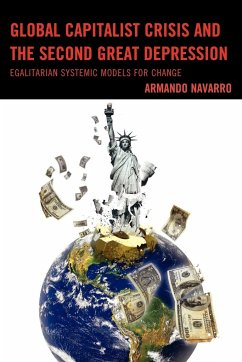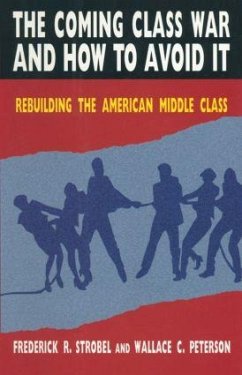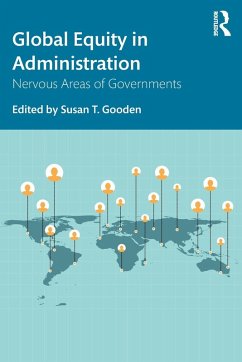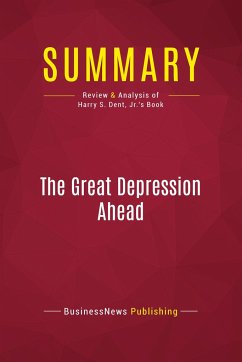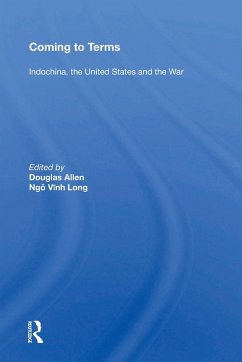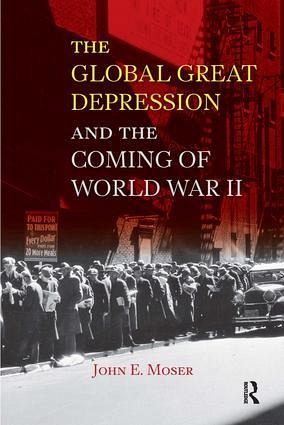
Global Great Depression and the Coming of World War II
Versandkostenfrei!
Versandfertig in 1-2 Wochen
195,99 €
inkl. MwSt.
Weitere Ausgaben:

PAYBACK Punkte
98 °P sammeln!
This book demonstrates the ways in which the economic crisis of the late 1920s and early 1930s helped to cause and shape World War II. John Moser points to the essential uniformity in the way in which the world's industrialized and industrializing nations responded to the challenge of the Depression. They had much in common, but there was still a great divide between two different general approaches to the economic crisis. This interplay of powers constituted the international dynamic of the 1930s: "have-nots" attempting to achieve self-sufficiency through aggressive means, challenging "haves"...
This book demonstrates the ways in which the economic crisis of the late 1920s and early 1930s helped to cause and shape World War II. John Moser points to the essential uniformity in the way in which the world's industrialized and industrializing nations responded to the challenge of the Depression. They had much in common, but there was still a great divide between two different general approaches to the economic crisis. This interplay of powers constituted the international dynamic of the 1930s: "have-nots" attempting to achieve self-sufficiency through aggressive means, challenging "haves" that mistrusted one another and failed to work cooperatively in an effort to stop them.








